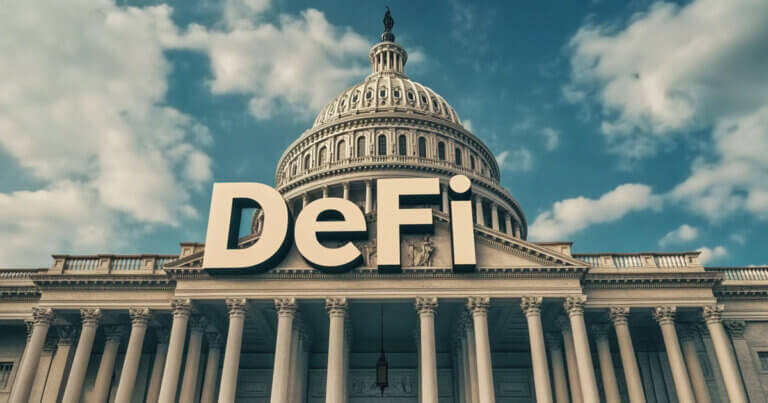In a major victory for the cryptocurrency industry, the U.S. Senate has voted 70-28 to repeal an Internal Revenue Service (IRS) regulation that would have expanded tax reporting obligations to decentralized finance (DeFi) platforms. The resolution, which had previously passed in the House of Representatives, now awaits President Donald Trump’s signature. The White House has already signaled its support, making the repeal’s enactment into law highly probable.
The IRS rule, introduced under the Biden administration, aimed to tighten tax compliance in the digital asset sector by classifying DeFi platforms and blockchain validators as “brokers.” This classification would have required them to report customer transactions to the IRS, similar to centralized cryptocurrency exchanges. The regulation was set to take effect in 2027, with the goal of curbing tax evasion and increasing transparency in digital asset transactions.
However, the proposal faced strong opposition from both industry leaders and lawmakers across party lines. Critics argued that imposing traditional financial reporting standards on DeFi—a sector built on decentralization and pseudonymity—was impractical and would stifle innovation. Developers and DeFi protocol operators pointed out that many platforms operate without centralized oversight or user data collection, making compliance with such a rule virtually impossible.
Senator Ted Cruz and Representative Mike Carey led the charge to overturn the regulation using the Congressional Review Act (CRA), a legislative mechanism that allows Congress to repeal recently enacted federal regulations. The Senate initially voted in favor of the repeal in early March with a 70-27 margin, but procedural requirements necessitated a second vote. The House then approved the resolution with a strong 292-132 majority before sending it back to the Senate for final confirmation. With bipartisan backing, the repeal gained momentum, culminating in the decisive vote on March 26 that dismantled the IRS rule.
If signed into law, the repeal represents a significant shift in Washington’s approach to cryptocurrency regulation. The decision eases compliance burdens for DeFi platforms, allowing them to continue fostering financial innovation without excessive oversight. However, critics warn that without clear tax reporting requirements, the IRS may struggle to monitor cryptocurrency transactions, potentially increasing tax evasion concerns.
The debate over how to regulate the rapidly growing digital asset economy is far from over. Lawmakers and regulators will likely continue searching for a balance between fostering innovation and ensuring tax compliance. For now, the repeal marks a turning point, signaling a more favorable stance toward crypto innovation in the nation’s capital.
As the bill awaits President Trump’s signature, the crypto industry remains watchful, anticipating what could be one of the most consequential regulatory decisions in the sector’s history.
By Alejandro Silva Ramírez, Crypto Analyst & Columnist

